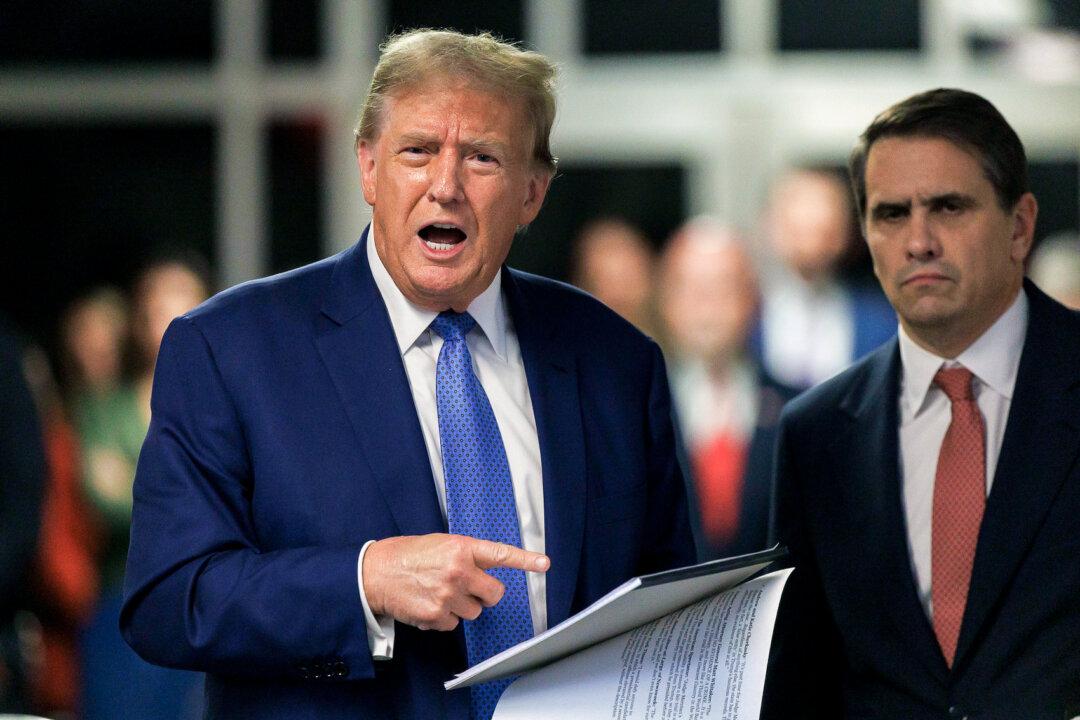The judge overseeing former President Donald Trump’s criminal case in New York told the jury that they cannot convict the former president solely based on Michael Cohen’s earlier witness testimony.
New York State Supreme Court Justice Juan Merchan said that Mr. Cohen, who was the former president’s lawyer and associate, is considered an accomplice in the case. Justice Merchan said the jury can use his testimony if they corroborate it with other evidence.





